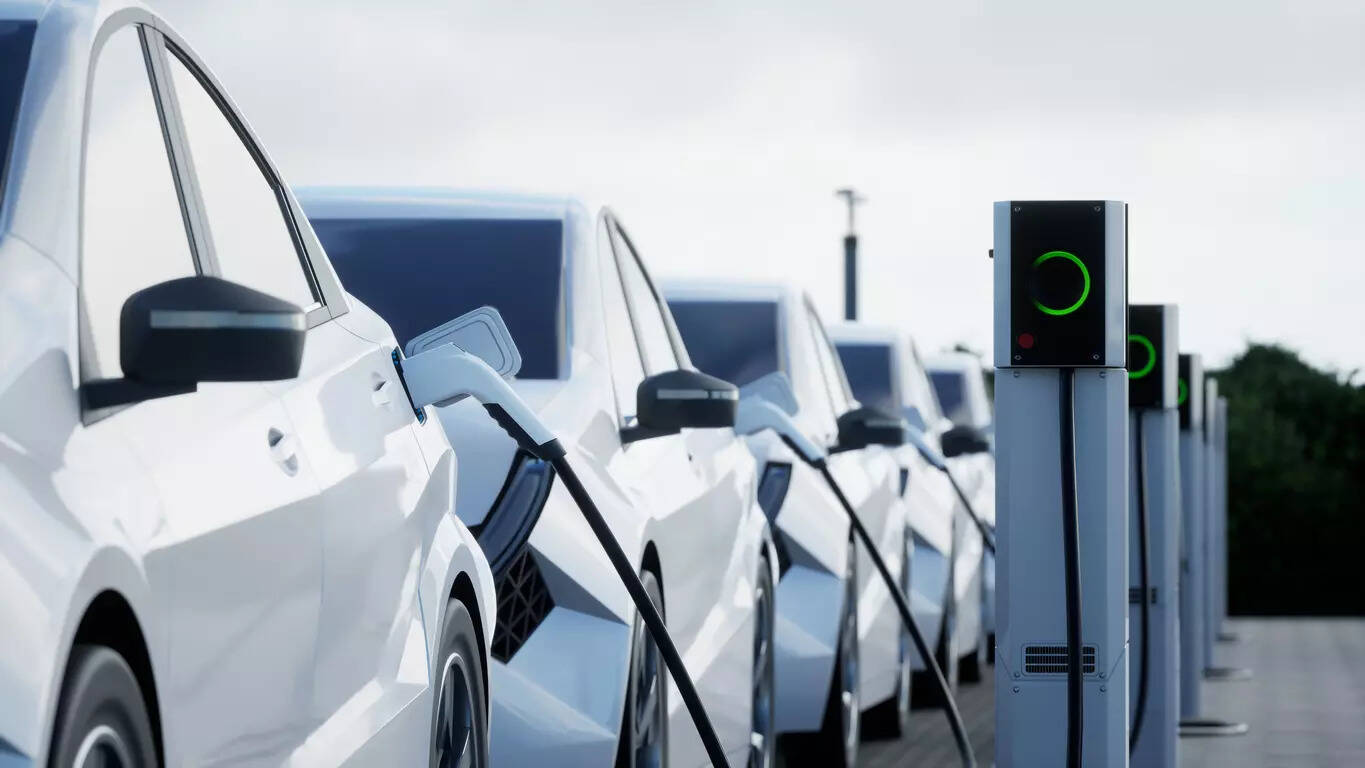
As trade tensions with the US escalate, some economists argue Canada should reconsider its 100 per cent tariff on Chinese electric vehicles to boost affordability and counter Elon Musk’s Tesla. The tariff, imposed last fall alongside US measures, aimed to protect Canada’s emerging EV sector. However, retaliatory Chinese tariffs on Canadian agricultural exports, effective this week, have intensified pressure to recalibrate trade strategies.
Automakers clash with calls for tariff reform
Julian Karaguesian, an economist at McGill University, suggested that lifting Chinese EV tariffs could serve as a strategic response to US trade actions while making EVs more accessible. Chinese models like BYD’s Seagull—priced at roughly $14,600 CAD—underscore the cost gap compared to Canadian options starting near $40,000. Critics, however, warn that opening the market to Chinese EVs risks undermining $46 billion in recent domestic EV investments.
The Canadian Vehicle Manufacturers’ Association firmly backs existing tariffs, arguing China’s production capacity could overwhelm local automakers. Brian Kingston, the association’s CEO, emphasised that US tariffs on Canadian goods only reinforce the need to shield the industry. Meanwhile, China’s new duties on Canadian pork, rapeseed, and seafood have sparked fears among farmers, further complicating the debate.
FAQs:
Why are some pushing to lift tariffs on Chinese EVs?
Proponents argue cheaper Chinese EVs could lower consumer costs and counter US trade pressures, particularly targeting Tesla’s dominance in Canada’s market.
What risks do automakers associate with Chinese imports?
Industry leaders warn that China’s massive production capacity could flood the market, jeopardizing billions in Canadian EV investments and stifling local growth.

